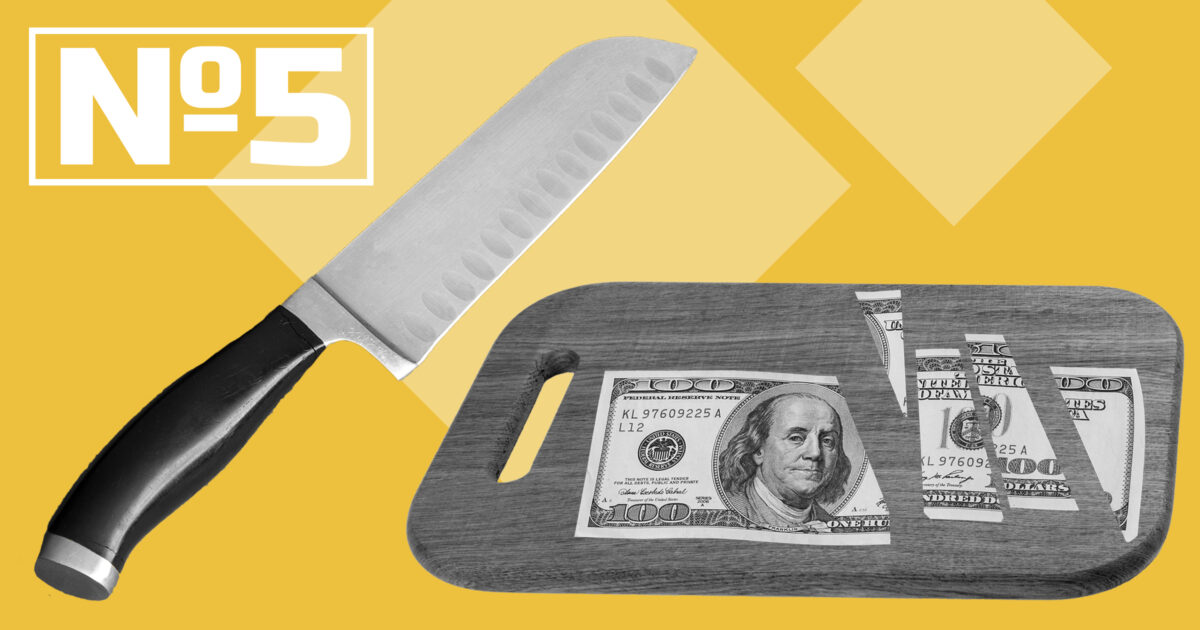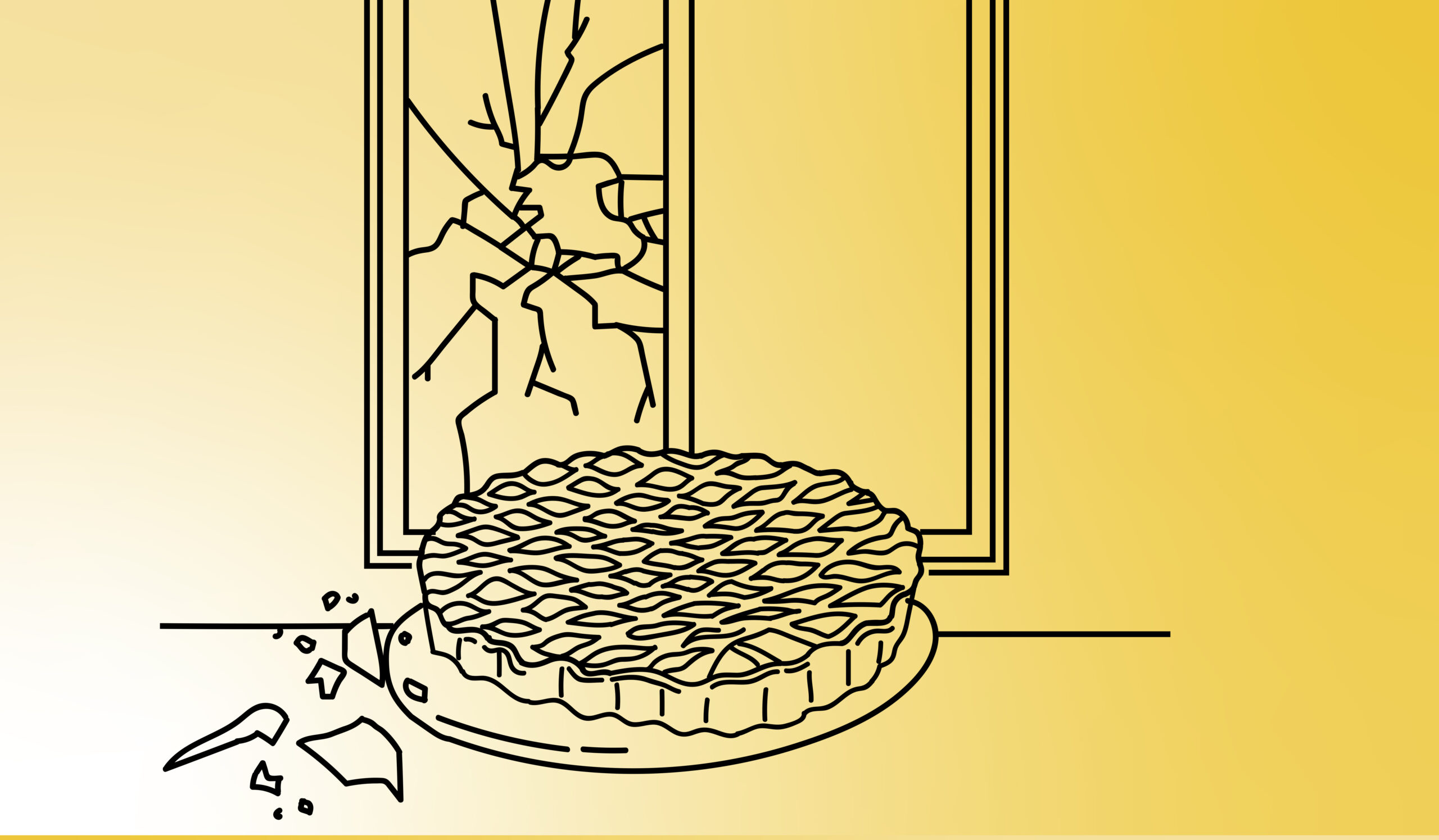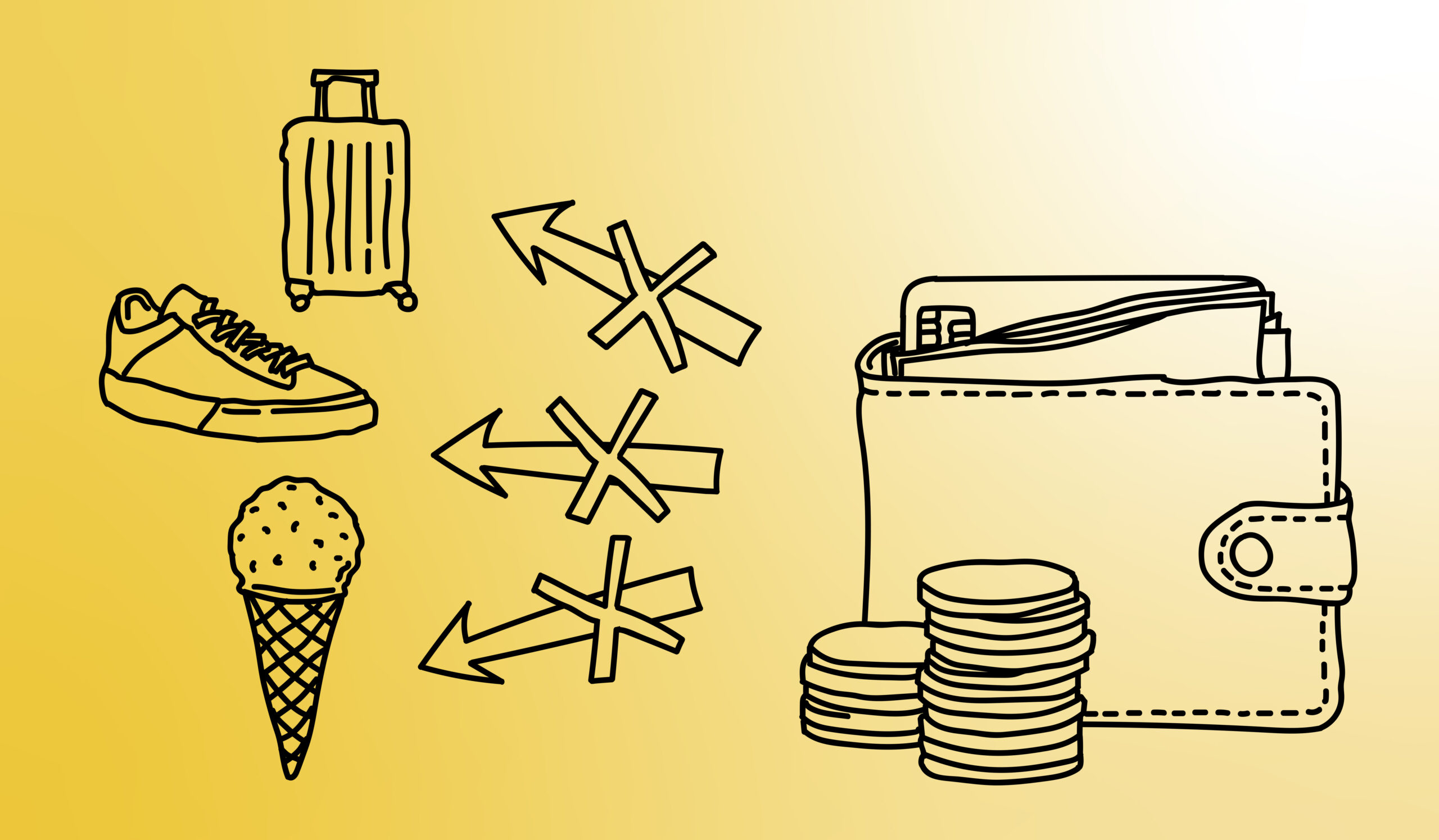
Many phenomena, along with bright visible ones, have a reverse side that is not obvious at first glance. For example, everyone sees how a river flows, but how that water then evaporates, collects in the clouds, returns to the earth with rain, and, in the end, replenishes that river – only those who have studied at least in school know.
In the economy, many people do not see (or do not want to see) this reverse side and, accordingly, do not consider it when making decisions. Instead, politicians and interest groups draw the public's attention to positive short-term effects — for example, presenting government job creation through bailouts or subsidies as outstanding achievements. But we know very well that nothing is free, right?
There is a misconception that the accelerated disposal of used things fuels the economy because, they say, it creates demand for new ones; accordingly, it allows their manufacturers to earn money, and then that money fuels the demand for other goods and services. But such logic seriously leads to an absurd conclusion, the alleged destruction of material values is economically valuable and justified. For example, imagine a local bully breaking a bakery window and escaping. The baker estimated that replacing the glass would cost him 3,000 hryvnias. At first glance, you can see that everything is not so wrong because the glassmaker would produce work, earn money, and then spend it, fueling the economy. This is what some economists of the Keynesian school claim. For example, they promote the idea that war and arms race fuel economic development.
However, in thinking this way, you do not take into account that the baker has to spend money, so he will not buy something else, and as a result, the money will not be earned by the sellers of other goods. In the same way, you, having spent money on the repair of the boiler, cannot spend it on buying a bicycle and vice versa.
Broken windows and false development
This famous "broken window paradox," discussed in the 19th century by Frédéric Bastiat, clearly shows that no acceleration of the economy actually occurs because resources are diverted from other areas of their use, which limits the ability of society to produce other valuable goods or services. Therefore, there is no paradox, and common sense correctly suggests that the destruction of anything of real value cannot be a gain or a good. In particular, this applies to used things: society loses if they do not use up their full resource and also loses from restrictions on the import of such items (cars, household appliances, clothes, etc.) from more prosperous countries, where they represent less value for the inhabitants.
Economist Henry Gatzlitt and others have also drawn a parallel from the broken window situation to how special interest groups operate. Assuming that the bully and the glassmaker have an agreement, then the glassmaker can be considered a special interest group and the bully the government. Special interest groups demand money from the government (in the form of subsidies, grants, etc.), and the government collects money from taxpayers. Beneficiaries are usually satisfied, so government actions are seen as a win-win. But this opinion is wrong because hidden costs are ignored: taxpayers become poorer, at least, by this amount of money. They will have to give up other purchases (food, clothes, entertainment, etc.), but such "non-purchases" are difficult to count. This hidden cost of solutions is also called the cost of lost opportunities. But since it is hidden, one may feel that helping certain groups costs nothing.
The same applies to used goods: domestic manufacturers or importers of new ones try in every way to reduce their use to force consumers to buy new ones, even when it is unnecessary or unprofitable for buyers. The situation is the same with protectionism in general. At the same time, domestic production's benefit is on the surface, but much more significant losses are hidden, which are borne by nameless consumers who receive less benefit from their income than they could. In particular, for example, the Price of the State project estimated that restrictions on the import of used cars introduced to protect the "domestic auto industry" led to net welfare losses of $2.5 billion annually before partial liberalization in 2016-18, but even after it, Ukrainian society continues to lose about 1.5 billion dollars annually.
Therefore, when making any decisions, it is necessary to check not only the immediate consequences but also the hidden ones, not only the impact on some specific population group but also on others. Then, the picture can be completely different.
About the project
The fact that only economists need economic knowledge is one of the biggest myths of our time. We all live in a world of limited resources, constantly forcing us to make choices. Work and volunteer on the front lines or go to the front lines to fight, do your homework or play League of Legends, learn to be a programmer or realize your dream of having your own band, stay in a secure job or create your own startup, invest in Bitcoin or sports trading cards, make a TikTok video or improve your English? In such situations, economic thinking will help you make an informed choice. So let's think economically together!*
*The project is implemented in cooperation with the international educational initiative Economic Fundamentals Initiative with the support of Atlas Network. The materials were prepared based on the guide "Economics of Common Sense."
Newsletter
Digest of the most interesting news: just about the main thing











